The unbearable financial burden of the war and Ukraine’s potential future EU membership are damaging the Hungarian economy's prospects. As long as the war continues and sanctions remain in place, Europe—Hungary included—will keep paying the price of the conflict, the Ministry of National Economy warned yesterday. Ukraine’s EU accession would fundamentally reshape the current state of the Union—but in the wrong direction. One need only look at the outlook for agriculture to understand the risks.
Zsolt Gyorgy Papp, president of the Hungarian Chamber of Agriculture (NAK), recently stated that by pushing Ukraine’s accession, Brussels is playing with the livelihoods of every EU producer and with the EU’s food security.
It is extremely likely that Ukraine’s accession would ruin the entire EU agri-food sector. Both Hungary and other EU countries would experience significant declines in agriculture, while consumers would also face serious food safety risks.
Ukraine is one of the world’s leading agricultural exporters, with over 40 million hectares of arable land—eight times the size of Hungary’s farmland, and over a quarter of the EU’s total farmland.
The NAK president pointed out the irony that while Brussels talks about supporting Ukrainian farmers, in reality, Ukraine’s agriculture sector is dominated by foreign registered, giant companies mostly owned by Western investors. These corporations exploit the opportunity to acquire vast tracts of land and benefit from extremely low wages. Additionally, they install modern irrigation systems and use the latest technologies, while their production is not subject to the strict EU standards on sustainability and safety. This allows them to produce goods more cheaply and outside EU regulatory compliance.
The damaging effects of the flood of Ukrainian goods into the EU market have already been felt in recent years, and would only intensify. Due to the loosening of trade rules by Brussels, Ukrainian grain exports to Hungary jumped from $5 million before the war to $400 million in 2022, causing a collapse in domestic purchase prices. Large volumes of oilseeds, poultry, eggs and honey have also arrived from Ukraine.
Furthermore, under current EU rules, Ukraine would receive about €85 billion from the EU’s Common Agricultural Policy (CAP)—about a quarter of the entire EU agricultural budget. These funds would effectively be diverted from Hungarian and other European farmers.
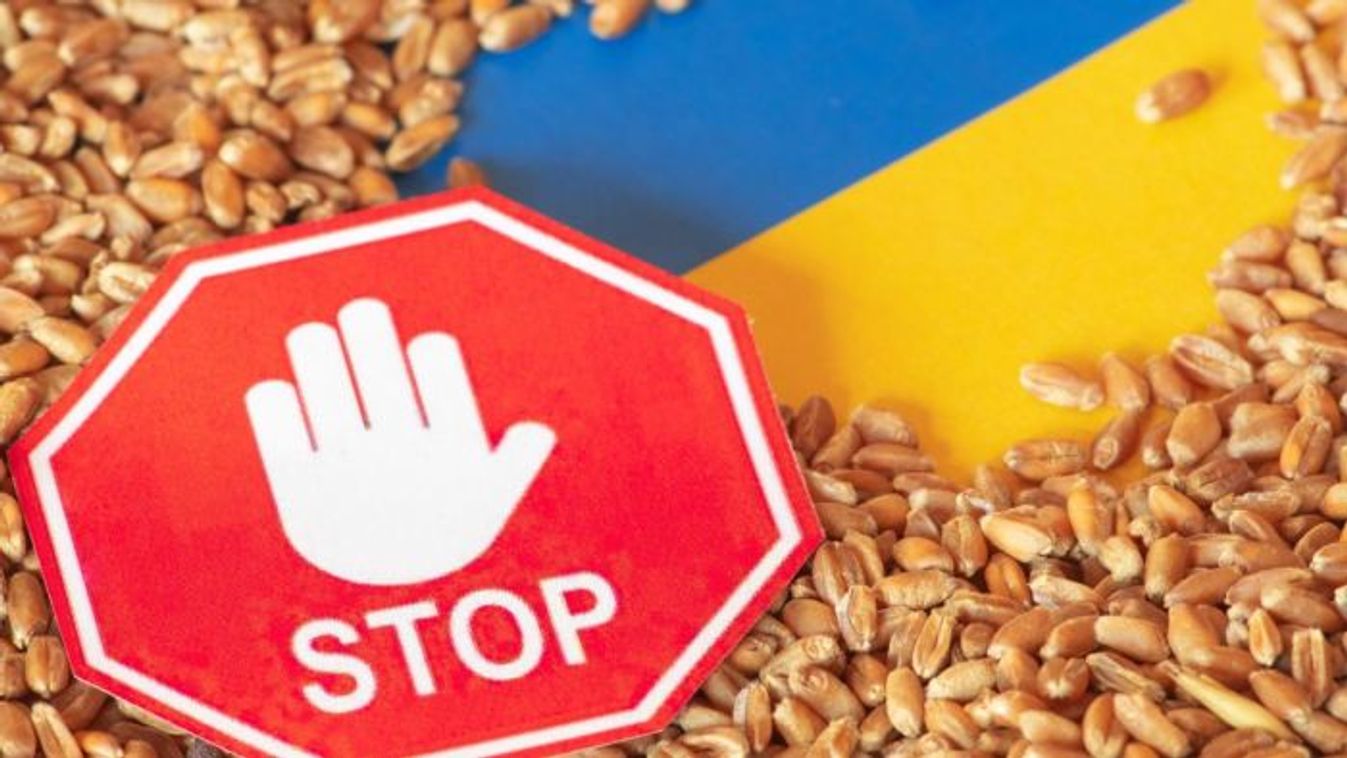
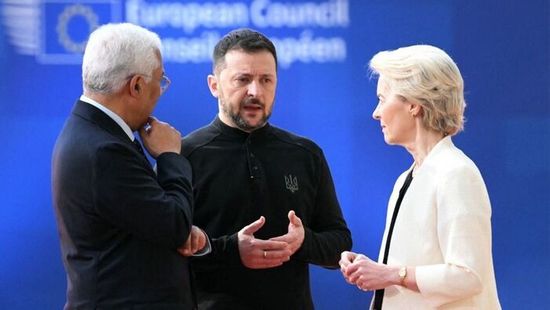

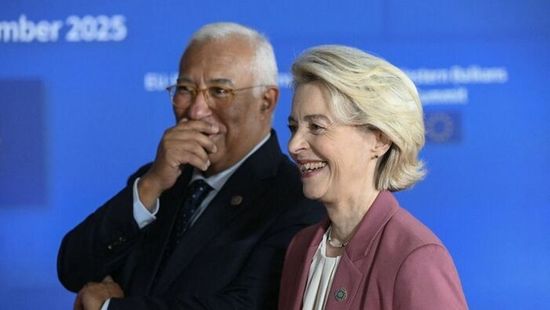


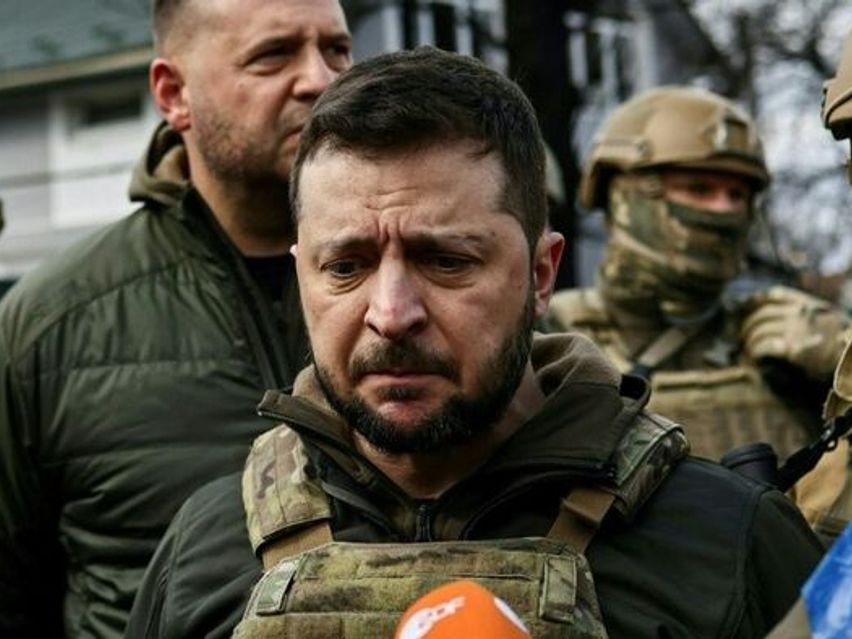






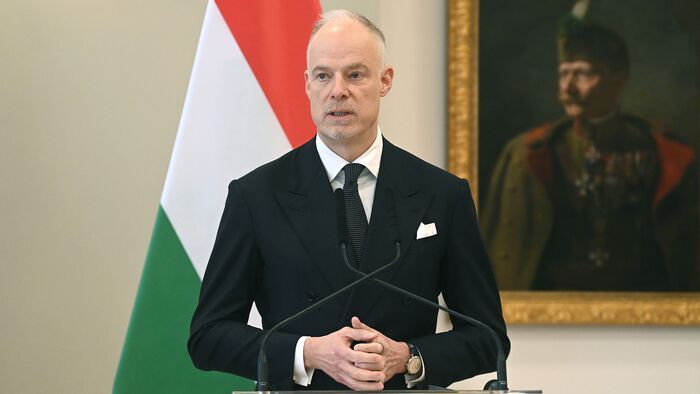

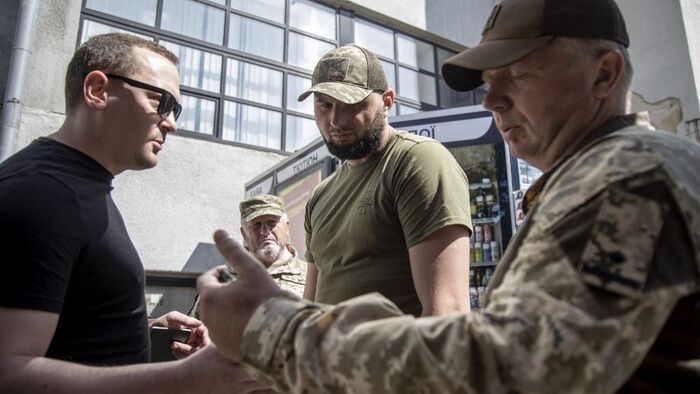

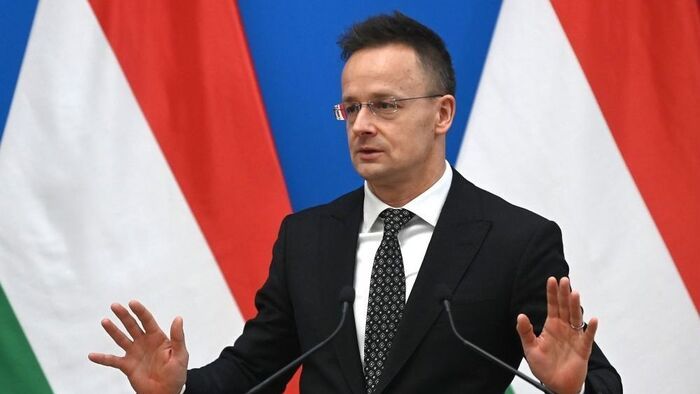





Szóljon hozzá!
Jelenleg csak a hozzászólások egy kis részét látja. Hozzászóláshoz és a további kommentek megtekintéséhez lépjen be, vagy regisztráljon!